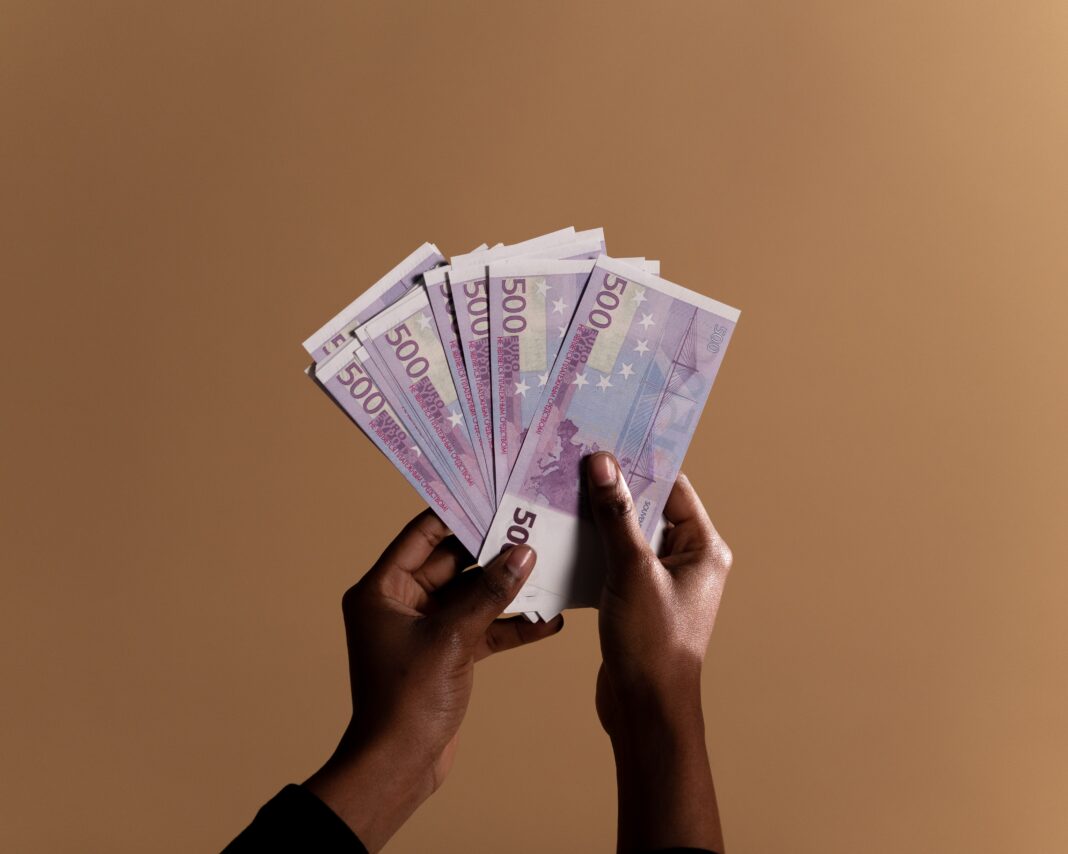The Romanian bank has experienced significant losses because its ATMs have received counterfeit banknotes of 500 Euro for a total value of around 240,000 Euro. The bank’s ATMs only rejected six of the fake banknotes – or about 1% of them. According to publications in various media, the bank that was the object of the crime is the domestic division of UniCredit Bank.
The damaged financial institution claims that it has taken the necessary measures and no customers have been affected.
“UniCredit Bank is the one responsible for the authorities. The bank has taken steps to eliminate the damage and not a single client has been harmed,” writes the Observer News.
The authorities say that there are no vulnerabilities in the financial network and that all the banknotes with problems have been withdrawn.
The Romanian Department for the Monitoring of Organized Crime and Terrorism (DÍSOT) is currently investigating the case of counterfeit banknotes. Four rummages of houses were carried out on Thursday (May 3) in Budapest.
“On May 3, members of the Department for Combating Organized Crime, together with members of the Police Department, committed 4 rummages at homes now in Budapest, in a case of organized crime, acceptance of fake banknotes and fraud, said in the official press release published by the Romanian Insider. During this action, two people were arrested.
The bank in Romania suffered losses of around 240,000 Euro after 486 banknotes of 500 Euro each were loaded from its ATMs in the three-day period, the bank said.
The type of counterfeit banknotes used is known throughout Europe for its high quality and the fact that they cannot be detected with the naked eye.
According to the German media, the leaders of the country received money from Turkey and Bulgaria and paid between 10 and 20 percent of the total or between 50 and 100 Euros for each banknote.
As of 2019, the 500-Euro banknote is no longer printed and is accepted in ATMs only in Romania and Moldova. According to the estimates of the European Bank, in 2019 there were about 52 million Euro 500 banknotes in circulation, which represents 20% of the total value of the euro. click to that moment. The 500 Euro banknote is named “Bin Laden”, a reference to the former leader of the terrorist group Al Qaeda, as it would allow illegal transfer of huge amounts.
Photo by cottonbro studio:









